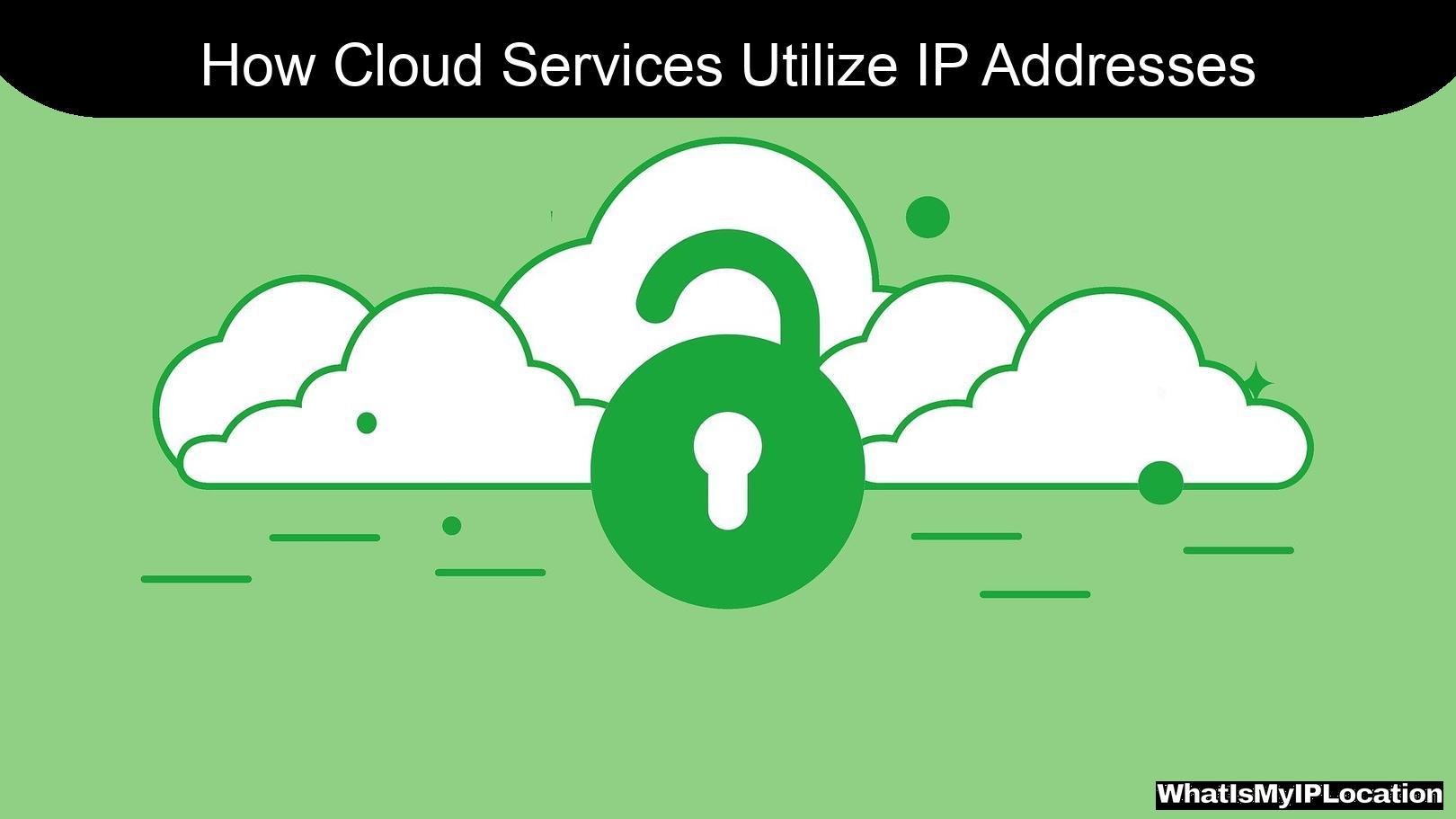In today’s digital age, cloud services have become an integral part of our lives. From storing photos to running complex applications, the cloud is everywhere. But have you ever wondered how these services connect and communicate with each other? One of the key players in this connectivity is the IP address. In this article, I’ll take you on a journey to explore how cloud services utilize IP addresses for seamless connectivity.
What is an IP Address?
Before diving into the details, let’s clarify what an IP address is. An IP address (Internet Protocol address) is a unique identifier assigned to each device connected to a network. Think of it as a home address for your device on the internet. Just like you need an address to send a letter, devices need IP addresses to send and receive data.
Types of IP Addresses
There are two main types of IP addresses:
-
IPv4: This is the most common type, consisting of four sets of numbers separated by periods (e.g., 192.168.1.1). However, with the growing number of devices, IPv4 addresses are running out.
-
IPv6: To address this shortage, IPv6 was introduced. It uses a longer format with eight groups of hexadecimal numbers (e.g., 2001:0db8:85a3:0000:0000:8a2e:0370:7334), allowing for a virtually unlimited number of addresses.
The Role of IP Addresses in Cloud Services
Now that we understand what IP addresses are, let’s explore their role in cloud services. Cloud services rely heavily on IP addresses for various functions, including:
1. Establishing Connections
When you access a cloud service, your device sends a request to the server hosting that service. This request includes your device’s IP address, allowing the server to know where to send the response. Without IP addresses, devices wouldn’t be able to communicate effectively.
2. Routing Data
Once a connection is established, data needs to be routed between your device and the cloud server. Routers use IP addresses to determine the best path for data to travel. This process ensures that your data reaches its destination quickly and efficiently.
3. Load Balancing
Cloud services often use multiple servers to handle requests. IP addresses help in load balancing, which distributes incoming traffic across several servers. This ensures that no single server becomes overwhelmed, leading to better performance and reliability.
4. Security Measures
IP addresses also play a crucial role in security. Cloud services can monitor incoming and outgoing traffic based on IP addresses, helping to identify and block malicious activities. For instance, if a particular IP address is associated with suspicious behavior, it can be blacklisted to protect the service and its users.
How Cloud Providers Manage IP Addresses
Cloud providers have sophisticated systems in place to manage IP addresses effectively. Here’s a closer look at how they do it:
Dynamic vs. Static IP Addresses
-
Dynamic IP Addresses: Most cloud services use dynamic IP addresses, which can change each time a device connects to the network. This is cost-effective and allows providers to manage their resources efficiently.
-
Static IP Addresses: Some services require static IP addresses, which remain constant. These are often used for services that need a reliable connection, such as web hosting or email servers.
IP Address Allocation
Cloud providers allocate IP addresses from a pool of available addresses. This allocation can be done in several ways:
-
Public IP Addresses: These are accessible over the internet and are used for services that need to be reachable by anyone.
-
Private IP Addresses: These are used within a private network and are not accessible from the internet. They help in internal communication between devices.
Table: IP Address Allocation in Cloud Services
| Type of IP Address | Description | Use Case |
|---|---|---|
| Public | Accessible over the internet | Web hosting, public APIs |
| Private | Used within a private network | Internal applications, databases |
| Dynamic | Changes with each connection | Cost-effective resource management |
| Static | Remains constant | Reliable services, VPNs |
The Future of IP Addresses in Cloud Services
As technology evolves, so does the way we use IP addresses in cloud services. Here are some trends to watch for:
1. Increased Adoption of IPv6
With the depletion of IPv4 addresses, the adoption of IPv6 is becoming more critical. Cloud providers are gradually transitioning to IPv6 to accommodate the growing number of devices.
2. Enhanced Security Protocols
As cyber threats become more sophisticated, cloud services are implementing advanced security measures based on IP addresses. This includes better monitoring and filtering techniques to protect against attacks.
3. Integration with IoT
The Internet of Things (IoT) is expanding rapidly, with more devices connecting to the internet every day. Cloud services will need to adapt their IP address management to handle the influx of IoT devices, ensuring seamless connectivity and communication.
Conclusion
In summary, IP addresses are the backbone of connectivity in cloud services. They enable devices to communicate, route data efficiently, balance loads, and enhance security. As we move forward, the importance of IP addresses will only grow, especially with the rise of IPv6 and the integration of IoT.
Understanding how cloud services utilize IP addresses can help us appreciate the technology that powers our digital lives. So, the next time you upload a photo to the cloud or access an online application, remember the vital role that IP addresses play in making it all possible!
